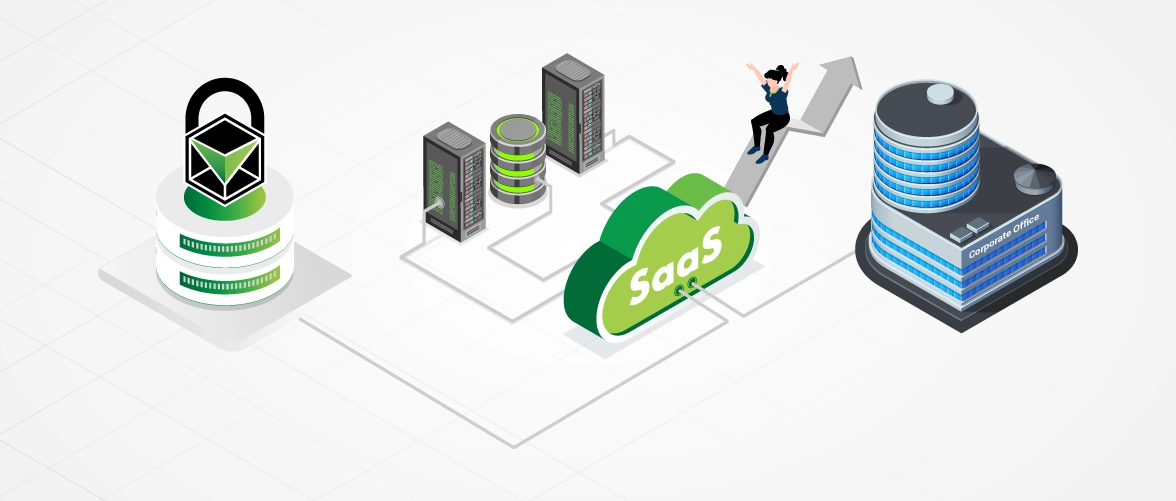What Is SaaS Security? Why Is SaaS Security Important For Businesses?
05 Nov 2024

As more and more businesses switch to cloud-based Software as a Service (SaaS) applications, it is important for organisations to be aware of the security risks associated with them. SaaS security is the process of safeguarding access to these cloud-based applications and protecting the data stored in them. In this blog post, we will explore what SaaS security is, why it's important for businesses, and how they can ensure their SaaS applications are secure.
What is SaaS Security?
SaaS security is the protection of data and applications that are hosted in the cloud. The key to SaaS security is data encryption. Data encryption is the process of transforming readable data into an unreadable format. This ensures that only authorised users can access the data. SaaS providers use various types of encryption, such as transport layer security (TLS) and Advanced Encryption Standard (AES), to protect their customers’ data.
In addition to data encryption, SaaS providers also use other security measures, such as firewalls, blockchain technology and intrusion detection systems, to protect their customers’ data. Firewalls are devices that control network traffic by blocking or allowing certain types of traffic. Intrusion detection systems are used to detect and respond to malicious activity on a network. Blockchain technology is used so that data cannot be tampered with.
Why Is SaaS Security Important For Businesses?
SaaS security is important for businesses because it helps protect their data and applications from unauthorised access and data breaches. SaaS providers typically offer a variety of security features, including authentication, authorisation, and encryption, that can help keep business data safe. In addition, SaaS providers often have policies and procedures in place to prevent data loss and help ensure compliance with industry regulations.
The Different Types of SaaS Security
SaaS applications are delivered over the internet and accessed by users via a web browser. SaaS security is the measure taken to protect SaaS applications and data from unauthorised access and misuse.
There are four main types of SaaS security: data security, application security, platform security, and identity and access management.
Data security refers to the protection of the data stored in a SaaS application. This includes ensuring that only authorised users can access the data, that the data is encrypted while at rest, and that backups are made in case of data loss.
Application security refers to the protection of the code and functionality of a SaaS application. This includes ensuring that only authorised code can run on the application servers, that all user input is validated, and that sensitive data is properly encrypted.
Platform security refers to the protection of the infrastructure on which a SaaS application runs. This includes ensuring that only authorised users have access to the servers, that the servers are properly configured, and that they are kept up-to-date with patches and security updates.
Identity and access management (IAM) refers to the control of who has access to what within a SaaS application. This includes setting up user accounts, defining roles and permissions, and managing login credentials.
Conclusion
The importance of SaaS security cannot be overstated. It is essential for businesses to ensure that they are taking all the necessary steps to protect their data and systems from malicious attacks, especially since cyber threats are becoming increasingly sophisticated. By understanding what SaaS security entails, companies can take proactive measures to secure their cloud-based systems and understand the potential risks involved in using these services. With the right strategies in place, businesses can rest assured that their data is safe and secure at all times.